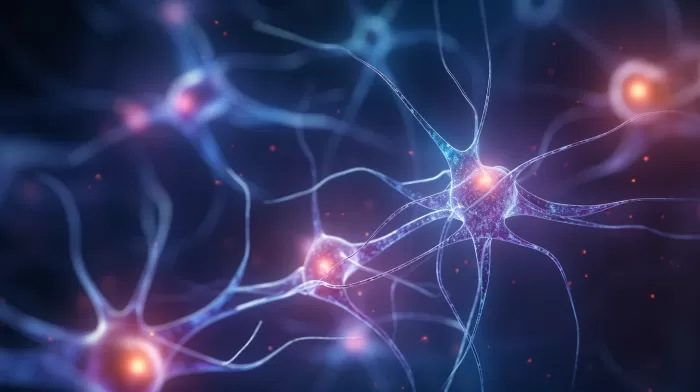Finding relief from depression can be a struggle for many people. It’s a lonely and isolating experience, with no sense of hope in sight. Even when a doctor prescribes medication, around 30 percent of patients are resistant to the most common drugs, selective serotonin reuptake inhibitors (SSRIs). In light of these statistics, researchers are getting to the root of the problem to provide better treatment for those suffering from depression.
How SSRIs Work
Selective serotonin reuptake inhibitors work by increasing the amount of serotonin in your brain, specifically in the neurons where nerve cells connect. Serotonin, also known as “the happy chemical,” helps to regulate your nervous system and contributes to your overall sense of happiness and well-being.
Despite the logic behind this, SSRIs do not relieve depression for all who take them. Until now, the reason behind the varying responses to these medications remained a mystery, given that researchers had to study a mere 300,000 neurons out of the total 100 billion in the human brain.
Understanding Neuron Function
Thankfully, researchers at the Salk Institute have found a way to study the effects of SSRIs on serotonin levels. They took skin samples from 800 patients who had either drastically improved when taking SSRIs or saw no effect from the drugs and reprogrammed the cells to create serotonergic neurons for study in a petri dish.
These researchers discovered that the shape of neurons played a significant role in how they responded to SSRIs. People with neurons that have longer projections do not benefit from these drugs. These abnormal features potentially lead to excessive neuronal communication in some areas of the brain, not enough in other regions, and altered communication within the serotonergic circuitry. This finding might explain why SSRIs don’t always work for treating depression.
Other Options for Depression
If you’re among those who don’t respond to SSRIs, you could be dealing with “treatment-resistant depression” due to your brain neuron shape. However, there are other ways to help alleviate depression, in addition to pharmaceutical treatments.
To explore alternative treatments, you should consult a specialist, such as a psychiatrist or therapist, for a diagnosis. Additionally, it’s essential to rule out any underlying issues that may be worsening your depression, such as thyroid disorders or other hormonal imbalances.
In the meantime, consider these natural ways to improve your mood:
- Exercise regularly: Studies show that physical activity can improve mood and anxiety in up to 80 percent of people. Aim for at least 30 minutes of moderate-intensity exercise, like brisk walking, on most days of the week.
-
Practice yoga: Yoga, particularly Bikram yoga, has been shown to significantly improve depression. Even if you don’t have a Bikram studio near you, any type of yoga practice can help by combining physical poses, controlled breathing, and meditation.
-
Investigate medical marijuana: A study in Brazil found that cannabinoids in marijuana could improve depression symptoms in just a few days. If you live in one of the 30 states (or the District of Columbia) where medical marijuana is legal, it could be an option to explore.
-
Consider other alternative treatments: Other options include acupuncture, massage therapy, and various forms of talk therapy, like cognitive-behavioral therapy (CBT) or interpersonal therapy (IPT).
Living with depression can significantly hinder your quality of life. If traditional methods like SSRIs aren’t providing relief, it’s vital to explore alternatives to alleviate your symptoms. Discuss these options with a healthcare professional and remember that finding the right treatment can take time, so be patient with yourself during the process.



